Strong prompt engineering skills are even more valuable as more and more businesses adopt generative AI technologies. With the AI industry showing no signs of slowing down, organizations are looking for professionals who can optimize AI outputs. Developing your prompt engineering skills enables you to:
- Craft prompts that generate accurate, contextually relevant AI responses.
- Optimize workflows by refining prompt iterations for better efficiency and outcomes.
- Collaborate effectively with teams by aligning AI outputs with project goals and user needs.
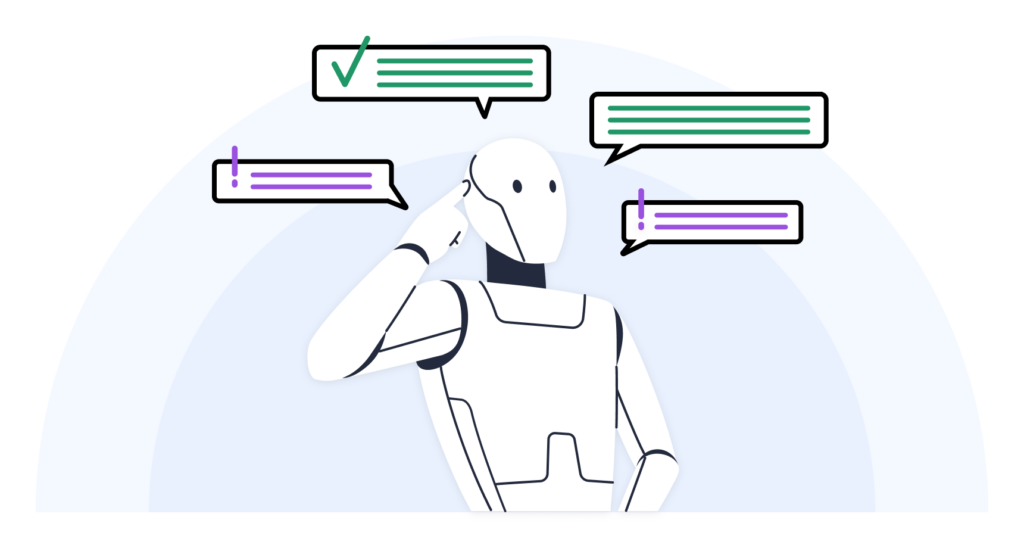
This article explores the top 10 prompt engineering skills you need to succeed and offers practical insights into applying them effectively. You’ll also discover how our Generative AI Fundamentals in Python skill path can help you develop a solid foundation for these skills. With strong prompt engineering expertise, you’ll stand out as a leader in the AI space and unlock exciting opportunities for career growth.
Why Learning Prompt Engineering Skills Is Important
Prompt engineering connects technology with real-world applications, making it an essential skill in the growing AI field. Generative AI is impacting nearly all areas of the economy, signaling the need for professionals who can guide AI systems toward meaningful outcomes.
Demand for prompt engineers is on the rise, with job postings reflecting how integral these skills are to achieving meaningful AI solutions. Notably, prompt engineers are commanding impressive salaries, with some earning up to $180,000 annually. To stay competitive, you’ll need to develop the ability to craft prompts that consistently produce accurate, high-quality results.
Beyond technical skills, prompt engineering strengthens AI’s reasoning and improves interactions with us humans. As AI technologies become increasingly integrated into most industries, professionals with these skills are becoming vital contributors to innovation.
Top 10 Prompt Engineering Skills for AI Success
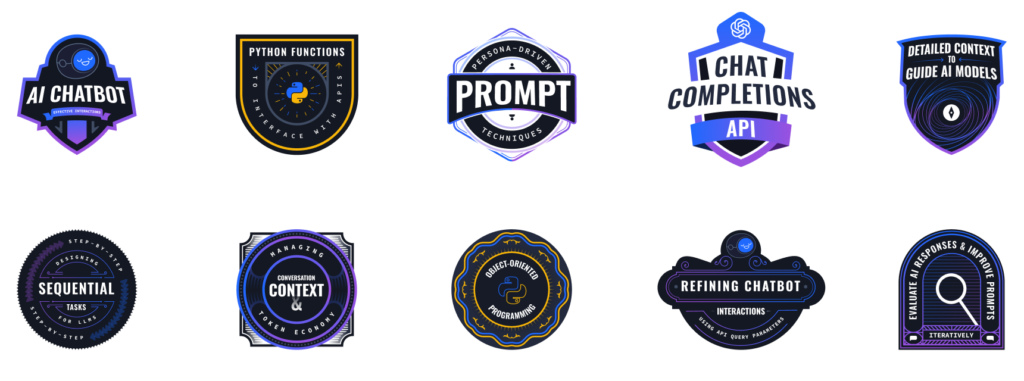
As AI transforms workflows, demand for prompt engineering expertise is growing. To stay competitive, professionals must demonstrate their prompt engineering skills. Here are the top ones for effectively working with AI:
- Crafting targeted prompts for AI chatbots
- Writing Python functions to interface with APIs
- Applying object-oriented programming concepts in Python
- Using OpenAI’s Chat Completions API
- Applying persona-driven prompt techniques with system messages
- Refining chatbot interactions using API query parameters
- Managing conversation context and token economy
- Incorporating detailed context to guide AI models
- Designing sequential step-by-step tasks for LLMs
- Evaluating AI responses to iteratively improve prompts
In the sections that follow, we’ll learn about each of these skills. As we do, we’ll explore practical learning opportunities to develop your expertise. By learning and sharpening these skills, you’ll be well-equipped to work with AI. You’ll also position yourself at the forefront of this growing field!
1. Crafting Effective Prompts for AI Chatbots
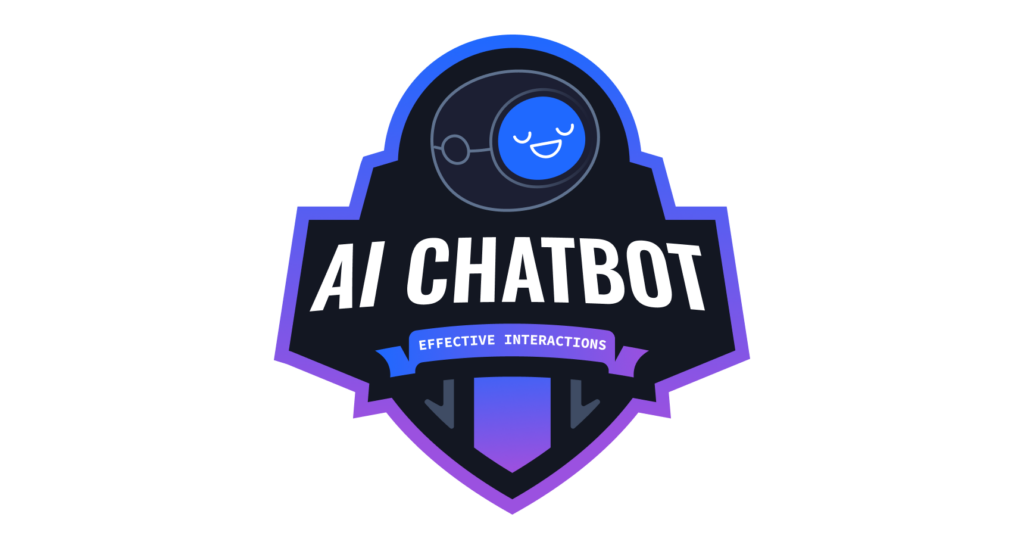
Creating effective prompts for AI chatbots is one of the most valuable prompt engineering skills. This involves guiding AI language models to produce accurate, relevant, and context-aware responses. Developing this skill requires both a solid understanding of how language models work and a creative approach to designing prompts.
Well-crafted prompts enable chatbots to deliver precise and meaningful answers across various fields. For instance, in healthcare, effective prompts can assist in reducing diagnostic errors, while in software development, they can streamline debugging processes. Building high-quality prompts also demands iterative testing and refinement to ensure optimal results.
If you’re looking to strengthen this skill, our AI Chatbots: Practical Techniques for Large Language Models course is a great starting point. This course provides practical insights into effective chatbot interactions and real-world applications—all without requiring coding experience. By refining prompt engineering techniques, professionals working with AI and natural language processing (NLP) can broaden their expertise and create more impactful solutions.
Back to Top Prompt Engineering Skills
2. Writing Python Functions to Interface with APIs
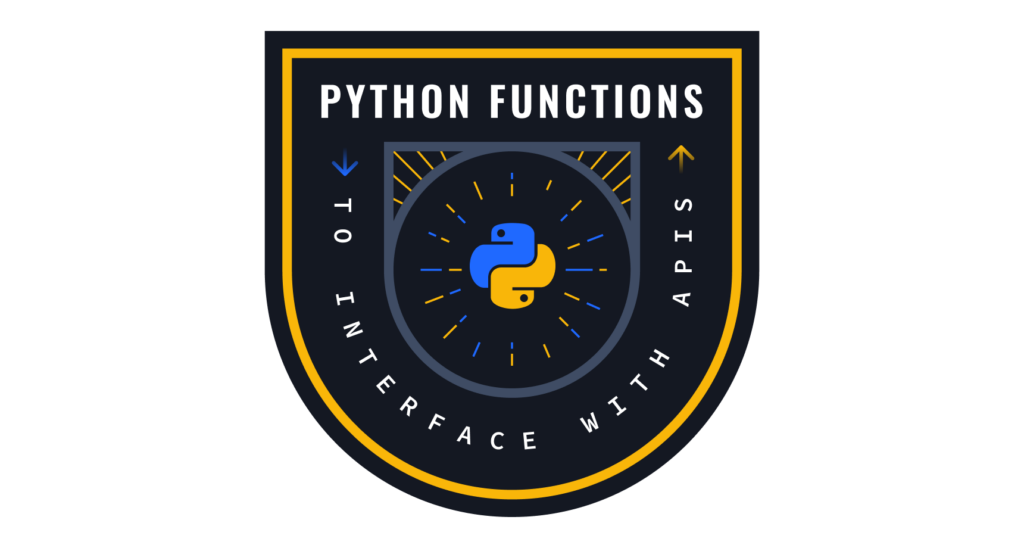
2. Writing Python Functions to Interface with APIs
Writing Python functions to interface with APIs is another core skill in prompt engineering. It enables smooth communication between AI models and external data, allowing you to generate targeted outputs efficiently. This skill is especially valuable in fields like healthcare, where APIs can help integrate real-time data, or software development, where they support automation and customization.
Using Python functions with APIs, you can:
- Automate repetitive data processing tasks
- Tailor prompts to improve AI model performance
- Streamline workflows in AI-powered projects
Developing this skill requires a good understanding of Python programming and the ability to work with APIs. While it can take time to learn, these concepts are foundational for creating efficient and flexible AI solutions.
If you’re ready to build this skill, our Python Dictionaries, APIs, and Functions course is a great resource. This course covers creating dictionaries, fetching data from APIs, writing Python functions, and working through a hands-on Jupyter Notebook project. These skills are essential for building chatbots and other AI applications from scratch.
Back to Top Prompt Engineering Skills
3. Applying Object-Oriented Programming Concepts in Python
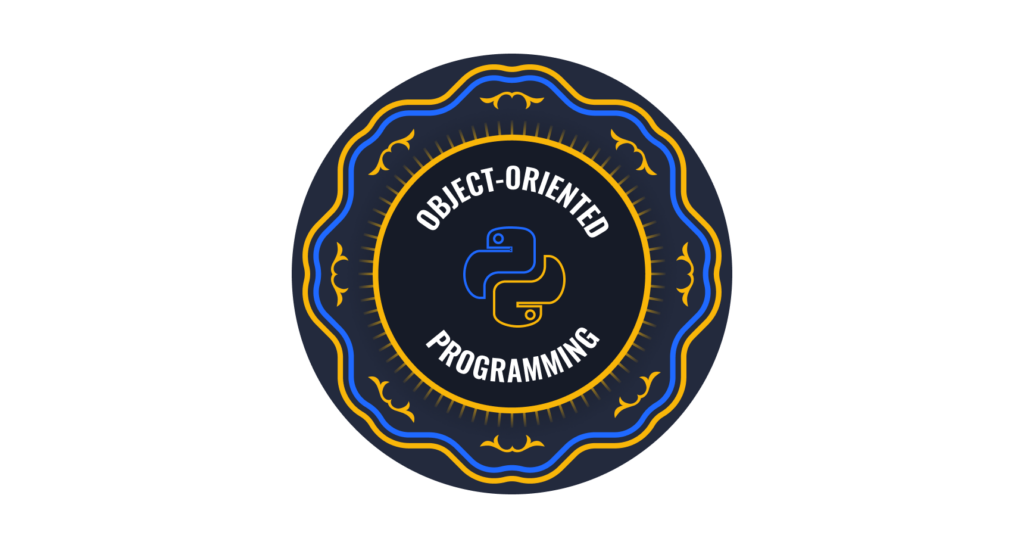
Object-oriented programming (OOP) in Python is a great way of structuring code to be used in prompt engineering. It organizes your code into reusable, scalable components, making it easier to build and maintain your AI applications. Understanding OOP principles like encapsulation, inheritance, and polymorphism is key to developing efficient prompts for AI models.
Applying OOP concepts in Python has significant benefits for prompt engineering:
- Encapsulation hides implementation details, ensuring a clean interface with AI models
- Inheritance enables code reuse, reducing redundancy
- Polymorphism allows a single interface to handle related actions
For example, building classes is considered a best practice when constructing a chatbot from scratch. This approach streamlines development and improves AI system performance without overcomplicating the underlying logic.
That said, integrating OOP into prompt engineering can be challenging. It requires a solid grasp of abstract concepts and practical application. Dataquest’s Intermediate Python course provides hands-on experience with OOP principles tailored for prompt engineering. By acquiring these skills, AI professionals can build more efficient, maintainable, and scalable prompt engineering solutions. Staying engaged with industry advancements and collaborating across teams are key to success in this rapidly evolving field.
Back to Top Prompt Engineering Skills
4. Using OpenAI’s Chat Completions API
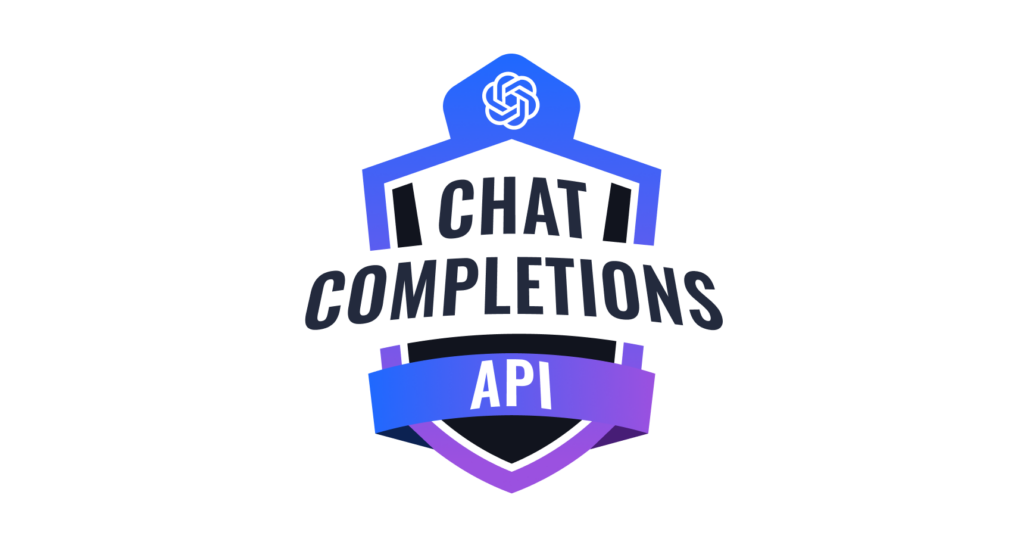
OpenAI’s Chat Completions API plays a central role in prompt engineering. It enables you to interact efficiently with advanced language models, generating accurate and relevant outputs. By knowing how to interact with this API, you can tackle complex challenges and automate specialized tasks.
Key Benefits
The Chat Completions API offers several advantages:
- Streamlines communication between your applications and OpenAI’s models
- Allows for precise control over the generated content
- Supports dynamic conversations with context retention
But it won’t all be smooth sailing; working with this API also involves some challenges. You’ll need to understand data formatting requirements and response generation processes.
Developing Your Skills
To build your proficiency with the Chat Completions API, consider taking Dataquest’s Prompting Large Language Models in Python course. This hands-on learning experience covers key topics like:
- Crafting effective prompts
- Managing conversation history
- Optimizing token usage
You’ll gain practical experience by building an AI-powered chatbot. The project at the end of the course will give you the chance to build a dynamic AI chatbot using advanced conversation management and diverse prompt engineering techniques.
As you progress in your prompt engineering journey, stay curious and committed to continuous learning. Experimenting with the API and collaborating with other professionals will deepen your understanding.
Back to Top Prompt Engineering Skills
5. Applying Persona-Driven Prompt Techniques Using the System Message

Persona-driven prompt techniques are valuable for creating engaging, relevant, and accurate AI interactions tailored to specific user needs. By defining a persona, large language models (LLMs) can adapt their responses to provide more contextual and precise content, improving the overall user experience. For example, OpenAI’s Chat Completions API documentation discusses using system messages to set the behavior and persona of a model.
These techniques are widely used in industries like customer service, where persona-driven prompts help chatbots deliver personalized and human-like interactions that increase customer satisfaction. However, effectively applying these techniques requires a clear understanding of the target audience and the LLM’s capabilities. Challenges include capturing the nuances of a persona accurately and refining prompts using user feedback to enhance performance. Research such as OpenAI’s InstructGPT paper highlights the importance of aligning language model behavior with user needs.
Developing Persona-Driven Prompting Skills
If you’re ready to build this skill, the Prompting Large Language Models in Python course from Dataquest provides practical training in persona-driven prompting. You’ll learn to:
- Generate customized AI responses using OpenAI’s Chat Completions API
- Define and apply personas to improve response accuracy
- Manage conversation histories to maintain context in AI interactions
By developing persona-driven prompting skills, AI and NLP professionals can significantly enhance the relevance and engagement of AI-generated content. This expertise is also a key advantage for staying ahead in the rapidly evolving field of AI development.
Back to Top Prompt Engineering Skills
6. Refining Chatbot Interactions Using API Query Parameters
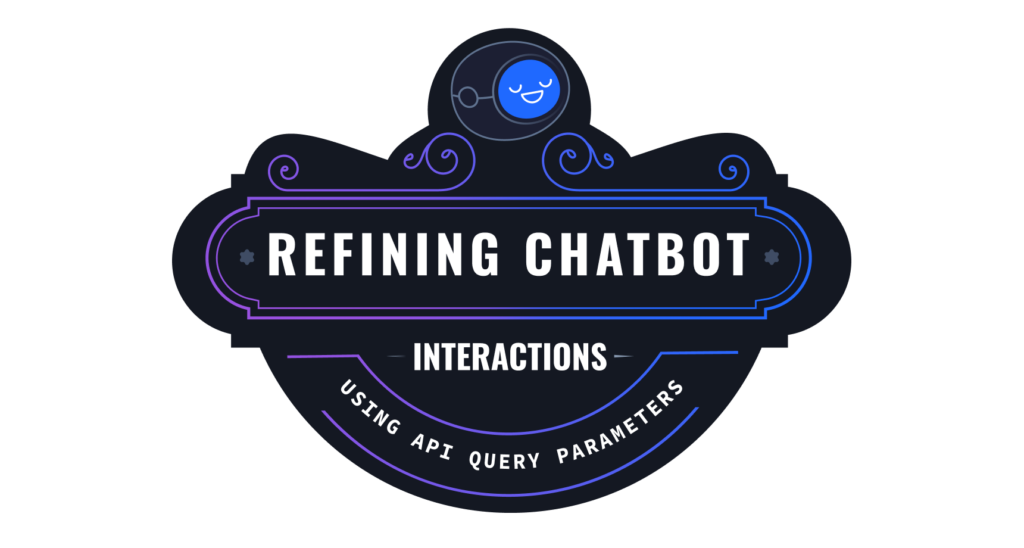
Refining chatbot interactions through API query parameters is an important prompt engineering skill. It allows you to customize AI-driven conversations, improving their accuracy and relevance. This is particularly valuable in fields like healthcare, where precision is essential for tasks such as analyzing symptoms or retrieving patient information.
API query parameters enable you to tailor chatbot responses based on user input or contextual details, enhancing the quality of interactions. To effectively use this approach, you’ll need a solid understanding of natural language processing (NLP) and familiarity with large language model (LLM) architectures. Challenges include balancing token usage with response quality and managing nuanced queries across different contexts.
Building Your Skills
To develop your expertise in using API query parameters, hands-on practice is key. Dataquest’s Prompting Large Language Models in Python course offers practical training with OpenAI’s Chat Completions API. You’ll learn to:
- Create an AI chatbot using custom Python functions
- Manage conversation history to retain context
- Optimize token usage for cost-efficient and high-quality responses
By refining chatbot interactions through query parameters, you can design AI solutions that are dynamic, efficient, and tailored to user needs. This skill is a critical step toward building advanced AI applications in any domain.
Back to Top Prompt Engineering Skills
7. Managing Conversation Context and Token Economy

Managing conversation context and token economy is an important part of prompt engineering. These skills help ensure AI generates accurate, relevant responses while using computational resources efficiently. They are critical for implementing generative AI in various fields.
Conversation context management focuses on maintaining a coherent dialogue history, allowing AI to produce responses that align with the flow of the conversation. It requires an understanding of how language models process input and the ability to design prompts that reflect ongoing interactions.
Token economy optimization involves managing the number of tokens used in prompts. Since each token represents a unit of information processed by the model, optimizing token usage ensures cost-effective interactions without compromising quality.
Real-World Applications and Benefits
These skills have diverse applications, such as:
- Customer service chatbots that provide consistent and accurate answers by understanding context
- Content creation tools that generate focused outputs while staying within computational limits
- Healthcare AI systems that retain patient-specific context to deliver precise recommendations
Developing these skills enhances:
- The quality and relevance of AI interactions
- Troubleshooting capabilities for AI-driven applications
- Your ability to stay competitive in a rapidly evolving AI landscape
Overcoming Challenges
Building expertise in conversation context and token economy requires addressing challenges like:
- Understanding the intricacies of AI model operations
- Balancing token optimization with maintaining response quality
- Keeping up with advancements in AI technologies
Overcoming these hurdles involves continuous learning, practical application, and collaboration with other professionals in the field. The Prompting Large Language Models in Python course from Dataquest offers practical training to help you develop these skills. You’ll gain hands-on experience in crafting effective prompts and managing token usage, preparing you to thrive in this dynamic and growing field.
Back to Top Prompt Engineering Skills
8. Incorporating Detailed Context to Guide AI Models
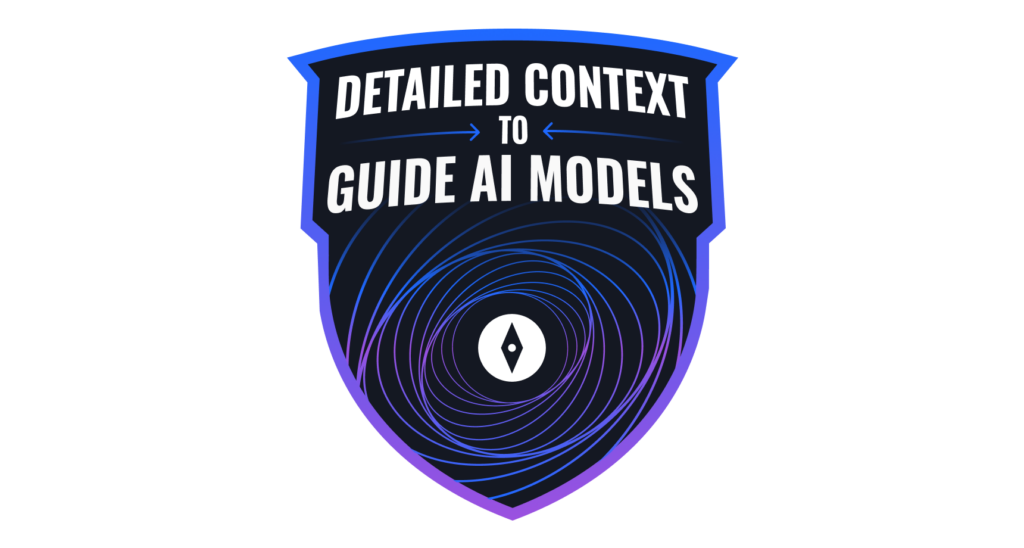
Incorporating detailed context is an important sub-skill in prompt engineering. It ensures AI responses are accurate, relevant, and tailored to specific needs, making it essential for effective human-AI interactions. This skill is particularly crucial in fields like healthcare, where precision and detail are vital.
Providing AI models with in-depth background information helps produce outputs that are precise and unbiased. However, fitting complex details into prompts effectively can be challenging.
Common challenges include:
- Condensing information without losing essential details
- Expressing context clearly and concisely
- Refining prompts iteratively based on AI outputs
Developing this skill requires a combination of creativity, knowledge of natural language processing (NLP), and prompt engineering techniques. The Prompting Large Language Models in Python course from Dataquest provides hands-on training in crafting context-rich prompts. Through practical exercises, you’ll learn how to guide AI models to deliver accurate and tailored responses.
For instance, a healthcare data analyst using AI to generate patient reports could add context about a patient’s history and treatment plan to ensure highly relevant and factual outputs. Similarly, a content creator might use this skill to craft articles that address a target audience’s specific needs and interests.
Building expertise in incorporating detailed context takes time and practice. Working with real-world scenarios helps you learn how to distill complex information into concise, effective prompts. As demand for nuanced AI interactions continues to grow, developing this ability can give you a significant advantage in the field of prompt engineering.
Back to Top Prompt Engineering Skills
9. Designing Sequential Step-by-Step Tasks for LLMs to Perform
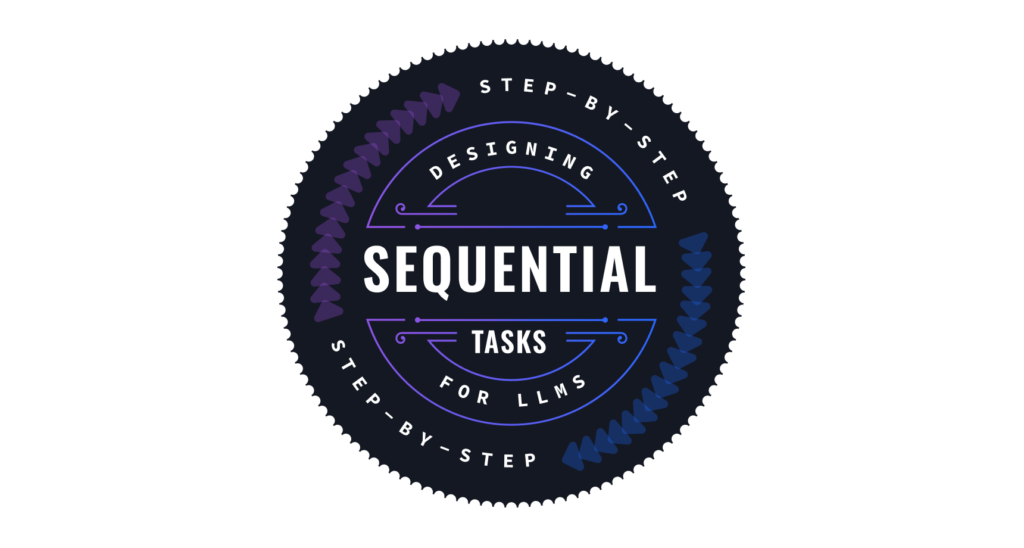
Breaking down complex processes into step-by-step tasks is an important prompt engineering skill. It enables you to guide large language models (LLMs) to generate accurate and efficient outputs for applications like content creation, data analysis, and language translation.
Providing LLMs with a logical sequence of instructions helps you:
- Approach complicated problems more effectively
- Ensure each step builds logically on the previous one
- Avoid overloading the model with too many directions at once
Mastering this skill requires understanding the capabilities and limitations of LLMs. Writing prompts that strike the right balance between specificity and generality takes practice and familiarity with how LLMs process instructions.
Building Your Skills
Hands-on practice is essential for developing this ability. The Prompting Large Language Models in Python course on Dataquest offers practical projects, including building an AI chatbot. Through these exercises, you’ll learn how to break down tasks into manageable steps that effectively guide LLMs to achieve desired results.
As industries increasingly rely on advanced AI solutions, the ability to design sequential tasks for LLMs is becoming a sought-after skill. By developing expertise in this area, you can create more accurate, efficient solutions and stand out in the growing field of AI development. Continuing your education through resources like Dataquest’s Generative AI Fundamentals in Python will ensure you stay ahead in this dynamic domain.
Back to Top Prompt Engineering Skills
10. Evaluating AI-Generated Responses to Iteratively Improve Prompts
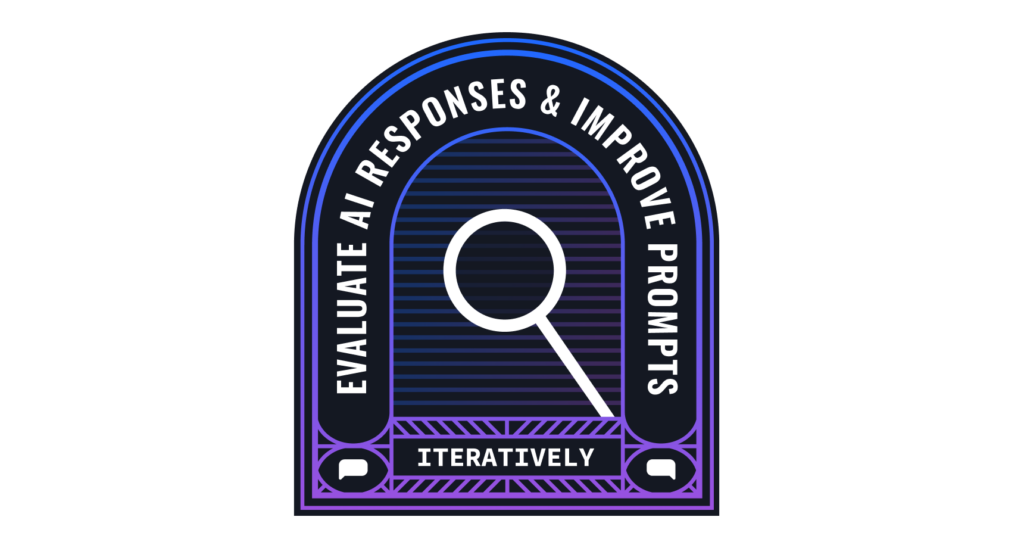
Refining prompts based on AI responses is a vital part of prompt engineering. This iterative process helps optimize the performance of large language models (LLMs), ensuring their outputs are accurate and relevant across a range of applications. For industries like healthcare, where precision is critical, this skill is particularly valuable.
By evaluating AI responses and refining prompts, you can:
- Improve the accuracy and relevance of AI-generated outputs
- Customize prompts to address specific use cases and audiences
- Streamline prompts to reduce size while maintaining quality
Building this skill requires proficiency in natural language processing (NLP), programming in Python, and an understanding of linguistic nuances. It also involves analyzing outputs critically and experimenting with prompt adjustments to achieve the best results.
Building Your Skills
Structured learning and hands-on practice are essential for developing this ability. The Prompting Large Language Models in Python course from Dataquest provides practical training in evaluating and refining prompts. You’ll gain experience with:
- Assessing AI-generated outputs effectively
- Adjusting prompts to improve accuracy and relevance
- Iteratively refining prompts to maximize model performance
By honing your skills in evaluation and refinement, you can significantly enhance the effectiveness of AI-driven applications. This ability positions you as a valuable contributor to AI projects and helps you stay competitive in the fast-evolving AI industry. For additional Python resources, explore the Python Guide.
Back to Top Prompt Engineering Skills
Common Misconceptions and Challenges in Prompt Engineering
Prompt engineering combines technical knowledge and creativity, challenging the misconception that it’s solely about coding or data science. This field involves understanding AI models deeply and using that insight to write prompts that guide them to produce desired outputs. However, developing proficiency in prompt engineering comes with its challenges.
Steep Learning Curve
One of the biggest challenges is the steep learning curve involved in understanding complex AI models and natural language processing techniques. For those new to data science or programming, this can feel overwhelming. Engaging in practical, hands-on projects is a great way to build confidence and make steady progress.
Rapidly Evolving Field
The fast pace of change in AI also presents a challenge. New tools, models, and best practices emerge frequently, requiring consistent effort to stay current. Following industry blogs, participating in online communities, and engaging with courses like Dataquest’s Generative AI Fundamentals in Python can help you stay informed and up-to-date.
While prompt engineering has its difficulties, they can be addressed with the right strategies. Start by building a strong foundation with core concepts before progressing to advanced techniques. Focus on hands-on practice to solidify your understanding. Stay engaged with the latest industry trends to ensure your skills remain relevant. With dedication and persistence, you can develop the expertise needed to succeed in the growing field of generative AI.
Start Building Your Prompt Engineering Skills

To begin developing your prompt engineering skills, focus on foundational concepts and hands-on experience. Start by learning how to create effective prompts for AI chatbots and use Python to interact with APIs. These core skills are essential for generating accurate and relevant AI outputs in any field.
Dataquest’s Generative AI Fundamentals in Python Skill Path offers a comprehensive curriculum covering these foundational topics. It includes hands-on projects to reinforce your understanding and build a portfolio that demonstrates your abilities to potential employers.
Once you’ve built a solid foundation, apply your skills to real-world projects. For example, you could create an AI-powered chatbot or integrate large language models into web applications using tools like Streamlit. Practical projects not only enhance your knowledge but also showcase your proficiency to potential employers.
Staying current with the latest advancements in prompt engineering is equally important. Engage with online courses, tutorials, and community discussions to deepen your expertise. Joining networks like LinkedIn or dedicated generative AI forums is a great way to gain insights and connect with others in the field.
By focusing on foundational skills, applying your knowledge through practical projects, and committing to continuous learning, you’ll be well-prepared to succeed in the dynamic field of prompt engineering. Get started today with Dataquest’s Generative AI Fundamentals in Python and develop the expertise to excel in this exciting area of technology.
Why Choose Dataquest for Learning Prompt Engineering Skills
To develop prompt engineering skills and effectively guide large language models (LLMs), you need a learning platform that combines theoretical knowledge with hands-on practice. Dataquest offers a unique learning experience designed to meet the needs of today’s AI-driven job market.
Hands-On Learning
At Dataquest, you’ll learn by doing. Interactive lessons and real-world projects give you the practical experience needed to apply prompt engineering concepts confidently. This project-based approach ensures you acquire the skills employers are looking for.
Supportive Community
Join the Dataquest Community of data professionals who provide guidance and share insights. Collaborate on projects, overcome challenges together, and build a network that supports both your learning and career growth.
Up-to-Date Curriculum
Stay current with the latest advancements in generative AI. Dataquest regularly updates course content to teach the most relevant prompt engineering techniques, ensuring you’re prepared for the demands of a rapidly evolving field.
Learn at Your Own Pace
Dataquest’s browser-based platform allows you to learn on your schedule. Progress through a structured curriculum at a pace that suits you, whether you’re just starting out or looking to advance your existing skills.
With generative AI poised to transform industries and create significant economic impact, the demand for prompt engineering expertise is growing. Dataquest’s Generative AI Fundamentals in Python Skill Path provides the comprehensive training you need to stand out in this competitive field.
Conclusion
Developing prompt engineering skills is essential for advancing your career in today’s AI-driven job market. These skills, including the top 10 subskills covered in this article, empower you to guide AI models to produce accurate, relevant outputs. By leveraging these abilities, you can enhance your work quality and expand your career opportunities in this growing field.
To get started with prompt engineering:
- Build a strong foundation in programming languages like Python
- Learn the basics of interacting with large language models
- Apply your knowledge through hands-on projects
Staying competitive requires continuous learning. As generative AI continues to transform industries, it’s important to keep up with advancements in prompt engineering. Dataquest’s Generative AI Fundamentals in Python Skill Path offers comprehensive training in these essential skills. With interactive lessons and practical projects, this course prepares you for impactful roles in generative AI development and application.
Start developing your prompt engineering skills today and position yourself as a leader in this exciting and evolving field.

